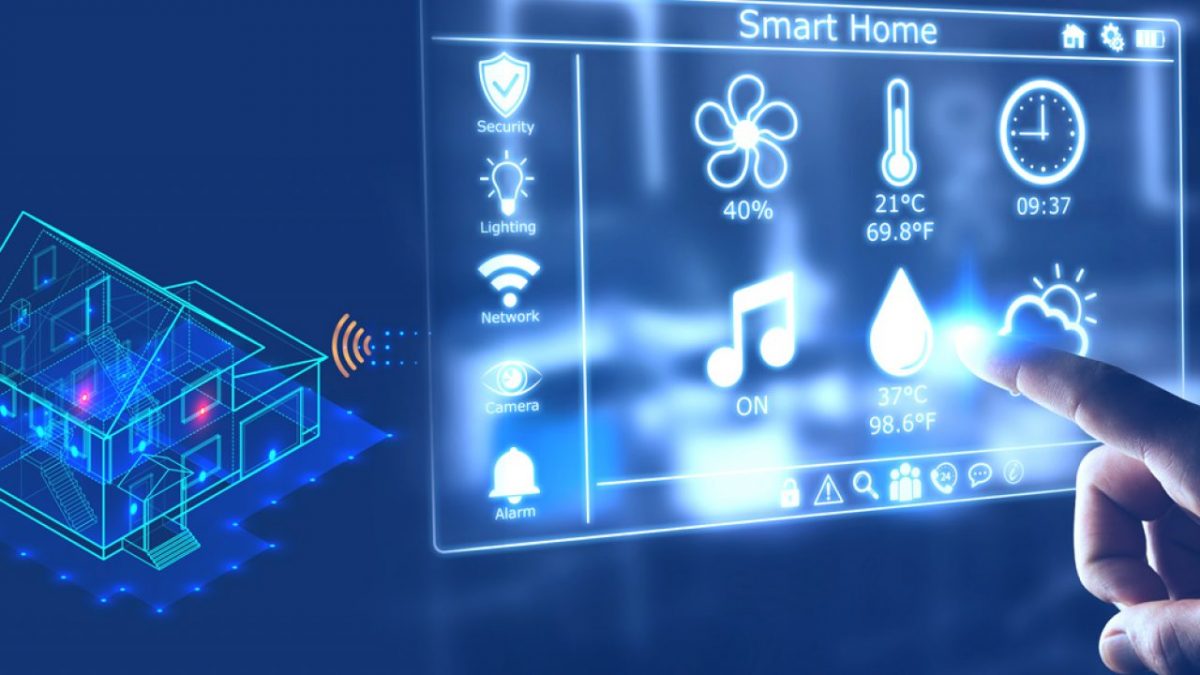In recent years, the application of AI in home climate control has gained significant traction, transforming how homeowners and businesses manage their indoor environments. The integration of artificial intelligence into climate control systems is not just a technological advancement; it is a revolution in comfort and energy efficiency. As we delve into this topic, we'll explore how AI is reshaping the landscape of home climate management.
The concept of AI in home climate control is centered around using intelligent systems to optimize heating, ventilation, and air conditioning (HVAC) operations. This is achieved by learning from a range of data inputs including weather forecasts, occupancy patterns, and personal preferences. With AI-driven systems, your home environment dynamically adjusts to ensure optimal comfort while minimizing energy consumption.

The Rise of Smart Thermostats
One of the most popular implementations of AI in home climate control is the smart thermostat. These devices are designed to learn from your habits and automatically adjust the temperature to suit your lifestyle. Brands like Nest and Ecobee have pioneered this technology, allowing users to control their home temperature from anywhere using a smartphone app. The integration of AI allows these thermostats to learn your schedule and preferences, ensuring that your home is always at the ideal temperature when you arrive.
Moreover, these smart thermostats can significantly reduce energy bills. By learning when you leave the house and when you return, they can adjust the temperature accordingly, avoiding unnecessary heating or cooling. This not only saves money but also contributes to a more sustainable environment.
Energy Efficiency and Cost Savings
One of the standout benefits of using AI in home climate control is the potential for energy efficiency and cost savings. Traditional HVAC systems often operate on a fixed schedule, which can lead to wasted energy. In contrast, AI-driven systems adapt in real-time to changing conditions and occupancy patterns, ensuring that energy is used only when necessary.
For instance, advanced AI algorithms can analyze weather patterns and forecast temperature changes, adjusting your home's climate settings accordingly. This proactive approach means that your HVAC system works smarter, not harder, resulting in significant reductions in energy consumption. According to a study by Security.org, AI-driven climate systems can save homeowners up to 20% on their energy bills annually.
Integration with Smart Home Ecosystems
The integration of AI in home climate control with other smart home technologies offers a seamless and efficient living experience. AI systems can communicate with other smart devices, such as lighting and security systems, to create a unified home environment. For example, if your security system detects that no one is home, it can signal the HVAC system to switch to an energy-saving mode.
This kind of integration not only enhances comfort but also boosts security and convenience. By creating a synchronized smart home ecosystem, you can enjoy a more connected and responsive living space. For more insights on how AI integrates with other smart home technologies, you can explore our guide on AI Smart Lighting.
Challenges and Considerations
While the benefits of AI in home climate control are undeniable, there are challenges and considerations to keep in mind. Privacy is a major concern for many homeowners, as AI systems often collect and analyze personal data to improve their performance. It's crucial to choose systems that prioritize data security and offer transparent privacy policies. You can read more about this in our article on AI and Privacy in Smart Homes.
Another consideration is the initial cost of installation. Although AI-driven climate systems can lead to long-term savings, the upfront investment can be significant. Homeowners should weigh the initial costs against the potential energy savings and comfort benefits when deciding to implement these systems.
Future of AI in Climate Control
The future of AI in home climate control is promising, with continuous advancements in technology driving innovation. As AI algorithms become more sophisticated, we can expect even greater personalization and efficiency in climate management. Emerging technologies like machine learning and IoT (Internet of Things) are set to enhance the capabilities of AI-driven systems, making them more intuitive and responsive.
Moreover, as more homeowners adopt AI technology, we can anticipate a shift towards more sustainable and energy-efficient living. This not only benefits individual households but also contributes to broader environmental goals by reducing overall energy consumption.
Conclusion
The integration of AI in home climate control represents a significant leap forward in how we manage our indoor environments. By offering enhanced comfort, energy efficiency, and seamless integration with smart home ecosystems, these systems are set to become a staple in modern homes. As we look to the future, AI promises to deliver even greater innovations, paving the way for a more sustainable and connected world.
For those interested in incorporating AI into their home climate systems, it's important to start with a comprehensive guide to smart home installation. You can find valuable tips and advice in this Smart Home Installation Guide.

FAQ
What is AI in home climate control?
AI in home climate control refers to the use of artificial intelligence technologies to optimize and automate heating, ventilation, and air conditioning (HVAC) systems in homes. This involves learning from data such as weather forecasts and occupancy patterns to adjust settings for optimal comfort and energy efficiency.
How do smart thermostats work?
Smart thermostats use AI to learn your schedule and temperature preferences. They automatically adjust heating and cooling settings based on your habits, helping to reduce energy consumption and lower utility bills. These devices can be controlled remotely using smartphone apps.
Are AI-driven climate control systems secure?
While AI-driven systems offer many benefits, security and privacy are important considerations. It's essential to choose systems from reputable manufacturers that prioritize data security and have clear privacy policies in place to protect user information.

